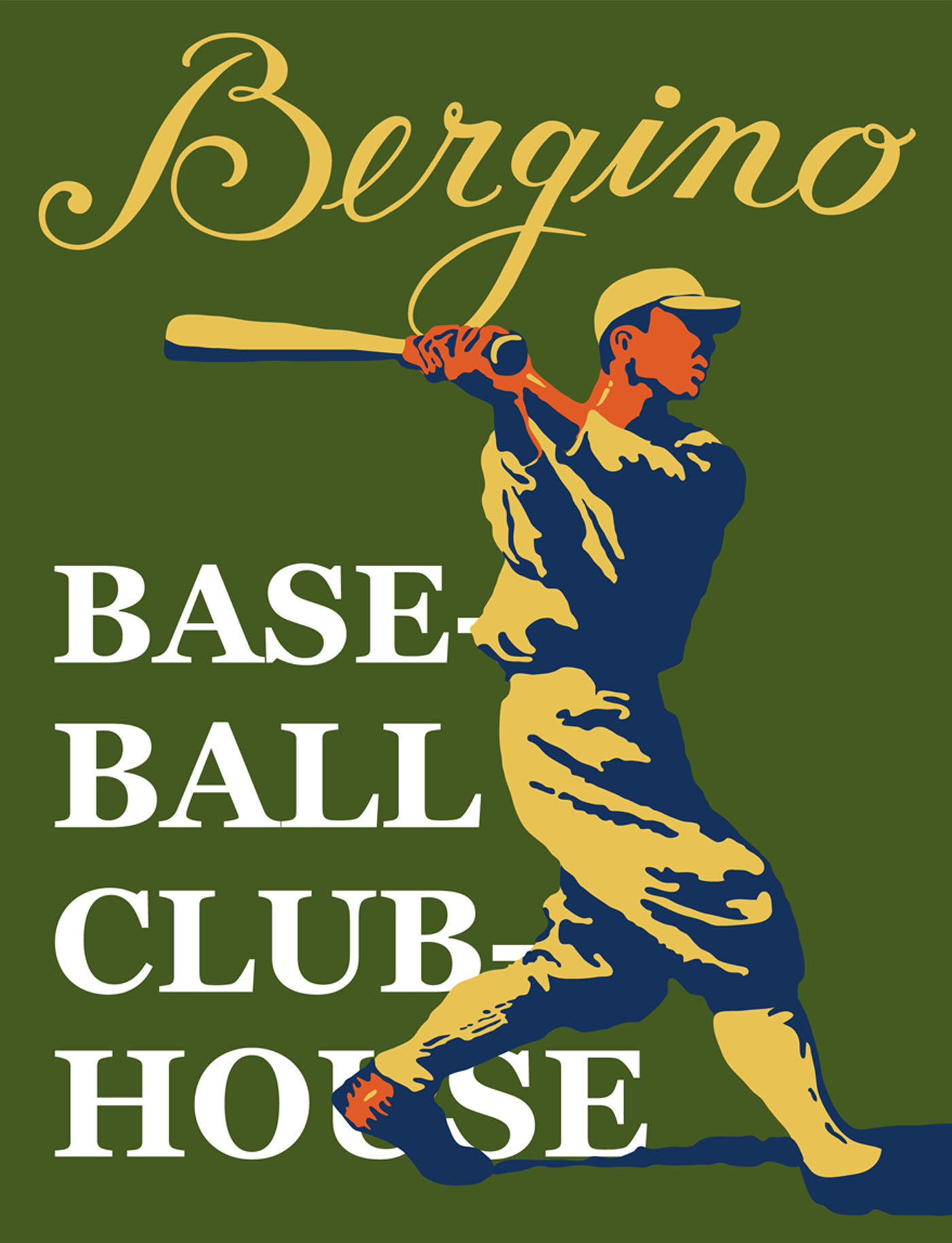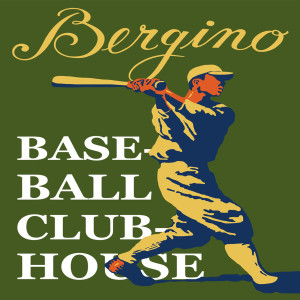
“A man does not expire with his last breath. He lives on in memories and the changes he wrought. Hank Greenberg is not dead. So long as his story is told, he remains with us.” --John Rosengren, epilogue to “Hank Greenberg: The Hero of Heroes”
Baseball in the 1930's was more than a national pastime; it was a cultural touchstone that galvanized communities and gave a struggling country its heroes despite the woes of the Depression.
Hank Greenberg, one of the most exciting sluggers in baseball history, gave the people of Detroit a reason to be proud. But America was facing more than economic hardship. With the Nazis gaining power across Europe, political and social tensions were approaching a boiling point. As one of the few Jewish athletes competing nationally, Greenberg became not only an iconic ballplayer, but also an important and sometimes controversial symbol of Jewish identity and the American immigrant experience.
When Hank joined the Detroit Tigers in 1933, they were headed for a dismal fifth-place season finish. The following year, with Hank leading the charge, they were fighting off the New York Yankees for the pennant. As his star ascended, he found himself cheered wherever he went. But there were other noises, too. On and off the field, he met with taunts and anti-Semitic threats. Yet the hardship only drove him on to greater heights, sharing the spotlight with the most legendary sluggers of the day, including Babe Ruth, Jimmie Foxx, and Lou Gehrig.
Enter the Clubhouse, as award-winning author John Rosengren discussed his new book, Hank Greenberg: The Hero of Heroes. Director Aviva Kempner joined the discussion and screened exciting new extra footage from the DVD of her Peabody Award-winning documentary, The Life and Times of Hank Greenberg.
view more
More Episodes
All-Star Scouts Round Table -- Part Two
 2013-08-02
2013-08-02
 2013-08-02
2013-08-02
All-Star Scouts Round Table -- Part One
 2013-08-02
2013-08-02
 2013-08-02
2013-08-02
"The DiMaggios" with author Tom Clavin
 2013-07-12
2013-07-12
 2013-07-12
2013-07-12
"The Happiest Recap" with author Greg Prince
 2013-06-28
2013-06-28
 2013-06-28
2013-06-28
Father's Day with Dwight Gooden
 2013-06-26
2013-06-26
 2013-06-26
2013-06-26
"Core Four" with author Phil Pepe
 2013-05-02
2013-05-02
 2013-05-02
2013-05-02
Big Fly Baseball Radio Hour
 2013-04-09
2013-04-09
 2013-04-09
2013-04-09
"Swinging 73" with Matthew Silverman
 2013-04-06
2013-04-06
 2013-04-06
2013-04-06
"Summers at Shea" with Ira Berkow
 2013-03-16
2013-03-16
 2013-03-16
2013-03-16
"Satchel Paige" with author Larry Tye
 2013-02-01
2013-02-01
 2013-02-01
2013-02-01
"Yankee Miracles" with Ray Negron
 2012-12-17
2012-12-17
 2012-12-17
2012-12-17
01234567810111213141516171819
Create your
podcast in
minutes
- Full-featured podcast site
- Unlimited storage and bandwidth
- Comprehensive podcast stats
- Distribute to Apple Podcasts, Spotify, and more
- Make money with your podcast
It is Free
- Privacy Policy
- Cookie Policy
- Terms of Use
- Consent Preferences
- Copyright © 2015-2024 Podbean.com






